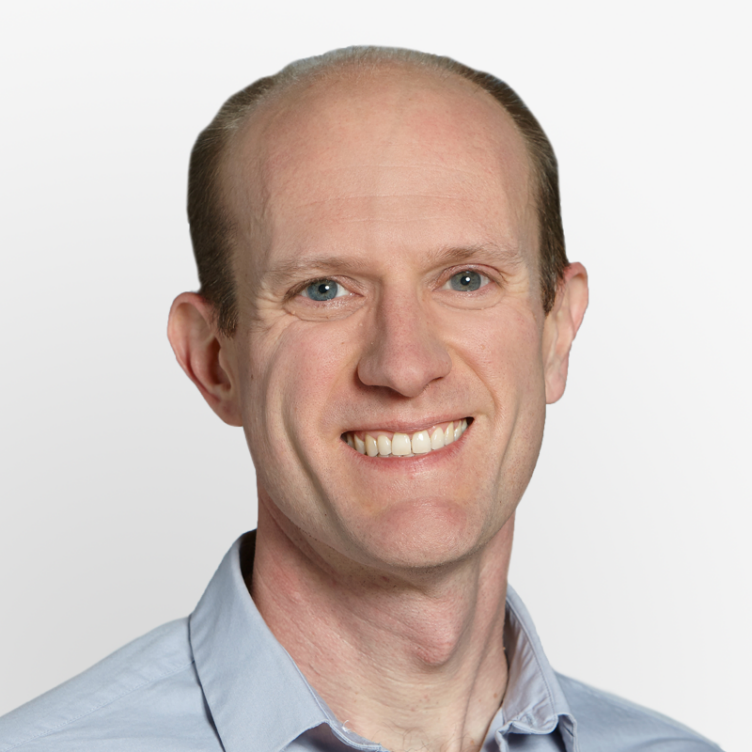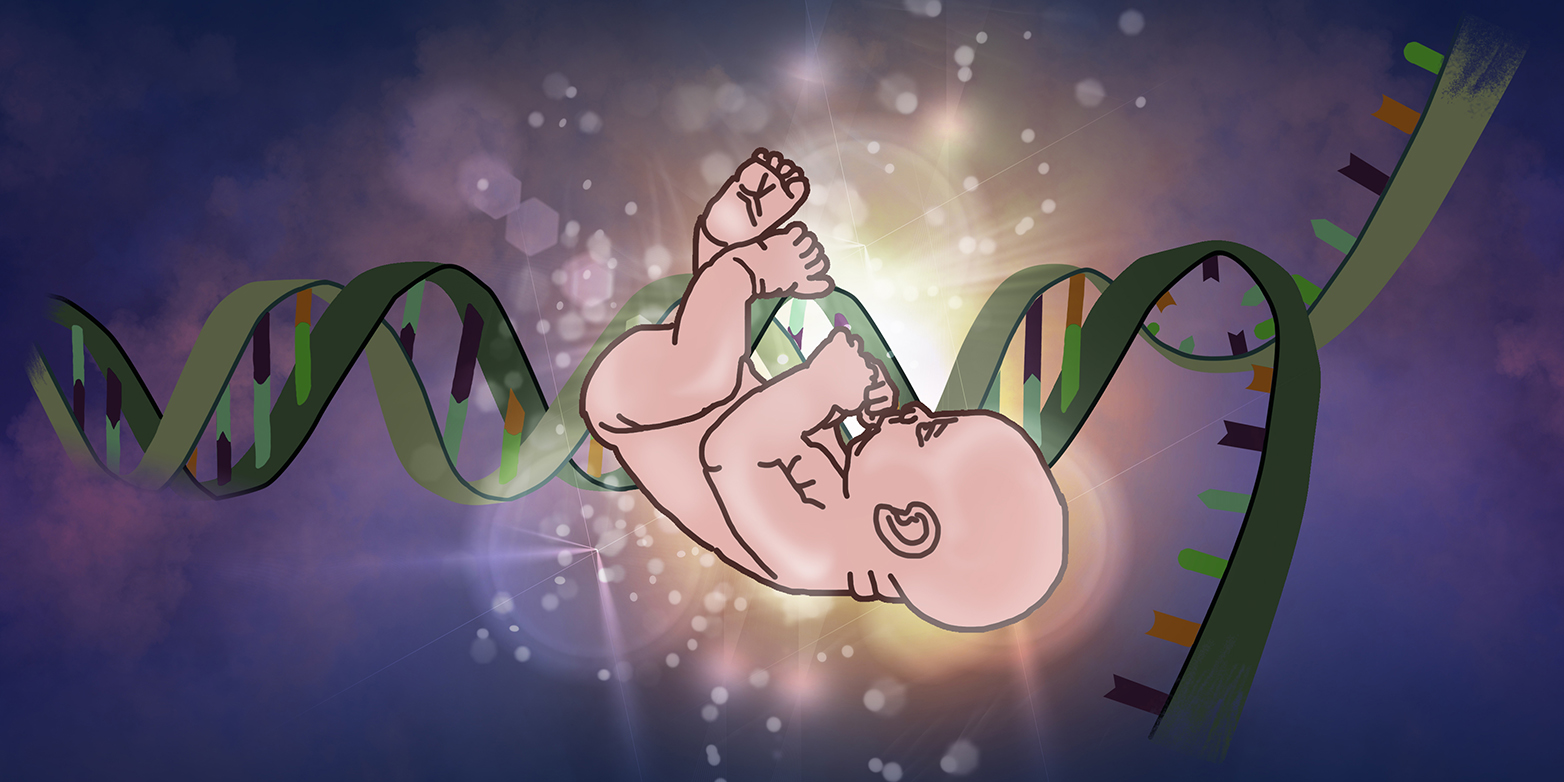After the CRISPR babies, what next?
What the Chinese scientist He Jiankui has done is utterly irresponsible, asserts Jacob Corn. Nonetheless, we should not vilify germline therapy for good.

We’re at a critical moment in history: scientific advances over the last few decades have given us profound insight into genetic diseases, and there’s hope that in the future we’ll be able to cure these illnesses with genome editing technologies such as CRISPR/Cas9. Such methods are currently being fine-tuned, but they’re still nowhere near ready for altering human germlines. To apply them to make genetically modified babies, as the Chinese scientist He Jiankui recently claimed to have done is utterly irresponsible. I was deeply shocked by this news, as were many of my scientific colleagues.

Despite all the enthusiasm about the undeniably enormous promise of genome editing, we have to recognise that the technique is not yet perfected. We know, for example, that in some cases genome editing can completely delete larger-than-intended segments of the genome. In the wrong setting, such as the human germline, this could have devastating consequences.
What’s more, the data presented by He indicate that he didn’t have control of his own method. For instance, he didn’t induce the exact mutations he originally intended. The consequence of the actually created mutations is still unknown. In addition, the genome of the infants born in China may have only been modified in some body cells but not others, which could erase even the potential therapeutic benefit. He Jiankui himself was aware of these shortcomings, but still insisted on seeing the babies born.
He Jiankui ignored a number of scientific guidelines, including those he published under his own name. And based on statements from Chinese authorities, Jiankui may have circumvented fundamental procedures for conducting medical trials. He’s a rogue scientist who took a monstrous and unethical approach, wronging his patients.
But none of this means we should vilify the use of genome editing technology for good.
Important research and potential cures
Vital basic research on genome editing, including that on human embryos, is already underway. In Great Britain, the USA and China particularly, tightly regulated research is using the CRISPR/Cas9 method in order to modify human embryos. Scientists are thus investigating important issues relating to pregnancy and reasons for miscarriage. By long-standing law, the embryos must not be allowed to develop for more than 14 days.
“It’s important not to leave patients behind.”Jacob Corn
Additionally, should the technology at some point be deemed safe enough, one can envisage cases in genetic disease treatment where deliberate germline genetic modification might be ethically justified. But along with other scientists, I believe that this method should only be applied as a last resort if no alternative therapy is available. In many cases, there is an alternative: couples with genetic diseases wishing to have children can often be successfully assisted through artificial insemination and preimplantation genetic diagnosis (PGD).
But in a very few cases, PGD is not feasible – either where both partners carry two copies of a gene for the same recessive genetic disorder, or where one partner carries two copies of the gene for a dominant hereditary disorder.
Risk of overreaction
It’s important not to leave these patients behind. For even if they’re rare, they’re still relevant – we’re speaking of real people with serious illnesses and no other prospect of a cure. While we must indeed protect these patients from being exploited by unscrupulous scientists like He, we mustn’t allow prohibitions to dash their hopes of being helped by new types of genetic therapy.
There’s a danger that in the wake of one person’s appalling actions, we could overreact in calling for blanket prohibitions on germline modification in humans. This would be overshooting the mark, especially as existing regulations already prohibit He Jiankui’s actions. What’s needed now is serious discussion about the possible risks and benefits of germline editing. And well-thought out regulation that prohibits bad actions while leaving a path for desperate patients.
Panel discussion on CRISPRbabies
Jacob Corn will address the subject of CRISPRbabies with Gerald Schwank, Professor of Stem Cell Biology, Effy Vayena, Professor of Bioethics, and New York Times columnist Carl Zimmer.
Thursday 13 December, 12.p.m to 1.30 p.m.
Audimax in the ETH main building, HG F 30, Rämistrasse 101, Zürich
The discussion will be in English.
You’ll find further information here.